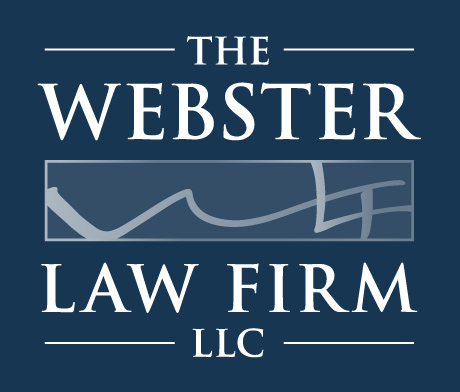On March 27, 2024, Colorado became one of five states to offer a limited license for non-lawyers, such as paralegals, to practice law. I had the privilege of being sworn in on June 20, 2024, with the inaugural group of Licensed Legal Paraprofessionals (“LLPs”) in Colorado after passing the exam. I am a big supporter of access to justice in Colorado and believe LLPs will be helpful to many in our community.
What is a “Licensed Legal Paraprofessional (LLP)”?
In short, we are like the Nurse Practitioners of the family law world. We have knowledge and expertise and can help self-represented parties through the court process.
Why was this Rule & Licensure Created?
In 2023, 75 percent of parties involved in Colorado divorce cases represented themselves. Self-represented parties are often stressed by the difficulties of facing a divorce on their own. The paperwork and the court procedures can be nerve-wracking and overwhelming. Many people either do not qualify or have limited access to free or reduced-cost legal services, ultimately falling into the ever-widening “justice gap”. Because of this gap, the LLP program was created for family law. Our office is here to help fill in this gap in El Paso and Teller Counties.
What can LLP’s do?
Right now, LLPs are only able to practice aspects of family law such as divorces, custody, motions to modify child support and/or maintenance, protection orders, name changes/gender designation changes, and remedial contempt cases. We formally enter on cases with the Court and can do a lot of the same tasks as attorneys. For example, obtaining, explaining, preparing, and signing documents, party agreements, and court orders; Informing, counseling, assisting, and advocating for a client in negotiations or mediation with another party or attorney; and even assisting the Client during the Court hearing by sitting with them in Court.
What CAN’T an LLP do?
There are some areas which fall outside of the LLP’s authority to practice:
- Registration of foreign orders or decrees;
- Motions and Orders regarding punitive contempt citations,
- A party wishes to contest the court’s jurisdiction;
- Disputed parentage where more than two persons assert or deny legal parentage;
- Non-parent requests for Allocation of Parental Responsibility when contested by at least one parent,
- Preparation or litigation of pre/post-nuptial agreements;
- A party is a beneficiary of a trust and such information is relevant to the resolution;
- Common law marriage issues.
Additionally, an LLP cannot talk to witnesses and ask questions during the court proceeding. An LLP is only able to guide the Client in doing the examination of the witness. However, LLPs can give opening and closing arguments.
What Happens if Things Change During the Case and You Need an Attorney?
LLPs must refer you to an attorney if the case goes outside of their ability to practice. Fortunately, at the Webster Law Firm, the LLP and attorney work closely together and our attorney can assist in the event that there is the need for a change in representation. We know each case is unique, and we have the ability to see you through the process, regardless of what is needed.
What Does this Mean for You, a Potential Client with a Need for Family Law Services?
You have options. The LLP generally involves a lower retainer and has a lower hourly rate. It is most effective in cases where the parties are mostly amicable in the divorce and just need assistance with the documents and the process.
The Webster Law Firm supports access to justice and is hopeful with this new rule we can provide services to more people who are going through this extremely difficult time. Please give us a call at 719-633-6620 to see if we can assist you in your case.
-Jessica Virkler, Paralegal/Licensed Legal Paraprofessional

